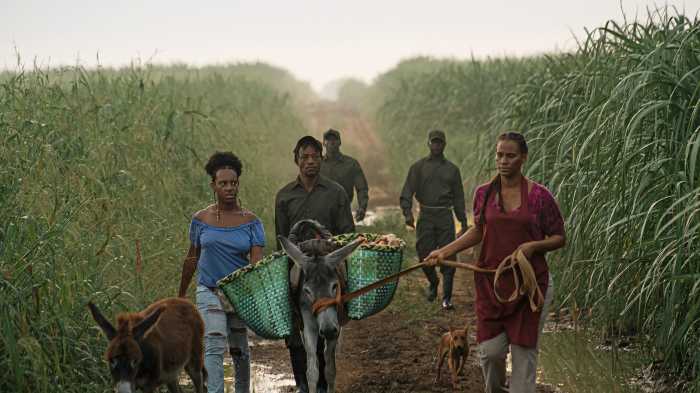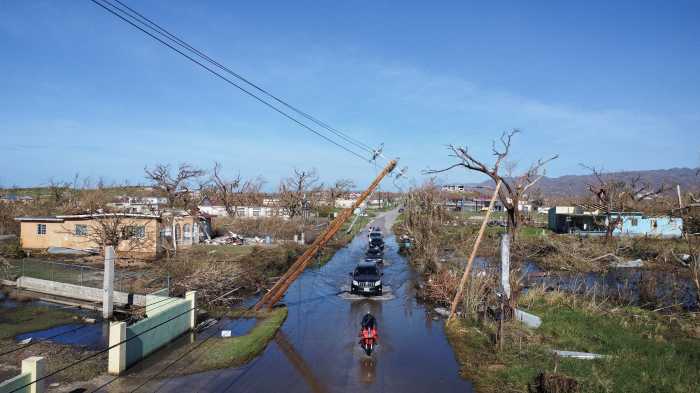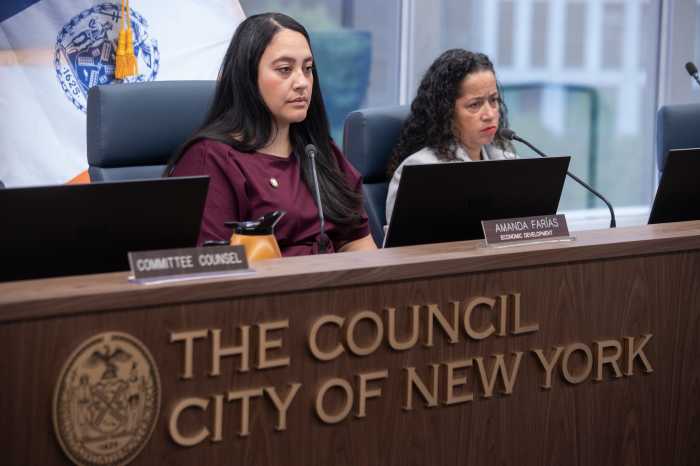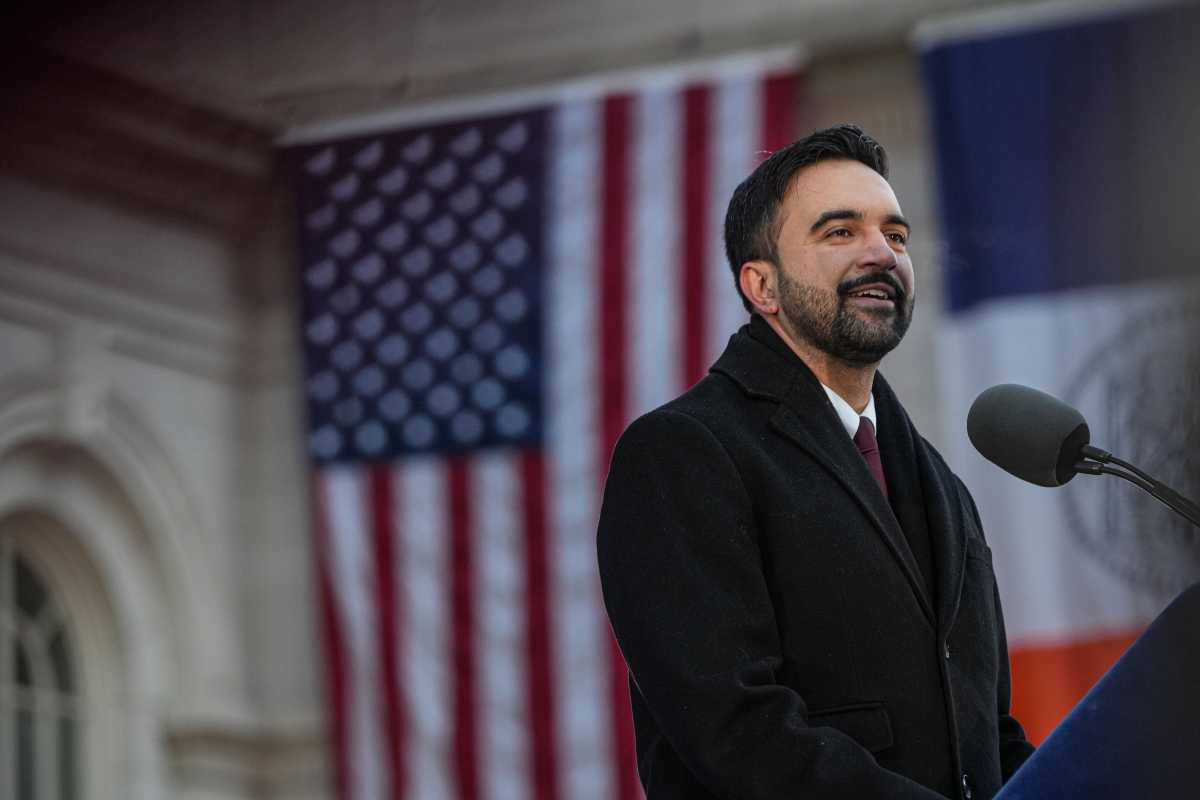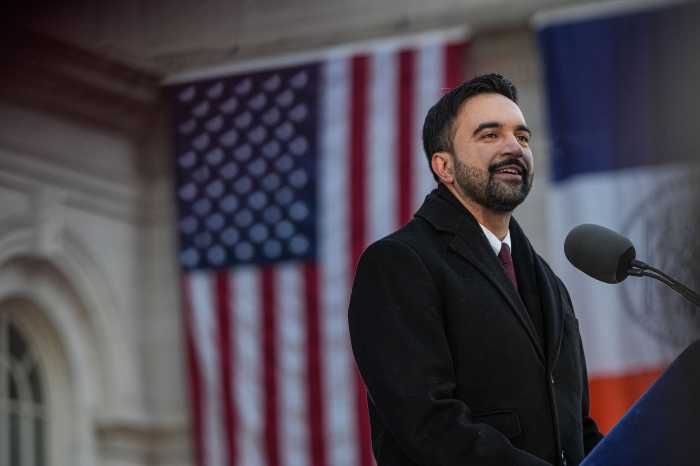As the deadline nears for the deportation of Haitian Dominicans in the Dominican Republic, a New York City legislator has created and circulated a petition calling on the Dominican Republic government to stop what he describes as “this unjust plan that will displace hundreds of thousands of people who call the Dominican Republic home.”
“The majority of the individuals being deported are of Haitian descent, but classifying them as Haitians is inaccurate because many of these men and women and boys and girls were born in the Dominican Republic or have lived in the Dominican Republic for most of their lives,” Dr. Mathieu Eugene, the first ever Haitian to be elected to New York City Council, told Caribbean Life.
“Sending individuals who identify as citizens of the Dominican Republic back to Haiti simply because they have Haitian ancestry is incredibly unjust,” added the representative for the 40th Council District in Brooklyn.
“This human rights issue will impact not just the individuals facing deportation but our entire society,” Eugene continued. “If this discriminatory deportation occurs, so many men, women, and children will lose the lives they’ve worked so hard to create.”
The Council Member is urging the public to vociferously voice their objection to this “atrocious act.”
“My heart hurts for the hundreds of thousands of people who are facing the unfathomable deportation from their own country,” he said. “Hard-working individuals who call the Dominican Republic their home are being forced out by a discriminatory ruling.
“Families are in limbo right now, fearing the worst,” he added. ”We must take a stand against this injustice and tell the Dominican (Republic) government we will not idly stand by as people are thrown out of their country.
“Please lend your voice to this issue and sign the petition at http://chn.ge/1fhRybg,” Eugene said.
On the petition, he described the impending deportation of Dominican Republic nationals of Haitian descent as “a human rights issue,
“We must ensure that all people feel safe in the country they call home,” said Eugene, adding that “the United States must take a stand and address this important human rights issue for Dominican Haitians.”
On Friday, the United Nations refugee agency urged the Dominica Republic to ensure that Haitians and Haitian descendants whose citizenship was thrown into question by a 2013 ruling of the Constitutional Court will not be deported.
“The court’s ruling and the subsequent regularization plan which gave individuals born in the Dominican Republic until mid-June to regularize their status, impacts tens of thousands of people”, Adrian Edwards, a spokesman for the Office of the United Nations High Commissioner for Refugees (UNHCR), told a press conference in Geneva, Switzerland.
“Most of them were born in the Dominican Republic and are of Haitian descent,” he added. “With a stateless population in the Dominican Republic estimated at more than 200,000 people, the consequences of expulsion could be devastating.”
Edwards said UNHCR is concerned about the human rights considerations for people who may be expelled and end up being pushed into Haiti, even though they are not considered as citizens of that country.
“This would have serious repercussions for all who are affected and be a serious setback to efforts worldwide to end the problem of statelessness,” Edwards said.
He said it is of “the utmost importance” that the Dominican Republic takes necessary action to prevent any expulsions of stateless Dominicans and to avoid creating a new refugee situation.
In this regard, UNHCR has offered its support to the Dominican authorities to identify and register these individuals.
While the Dominican Republic authorities have announced that they will conduct screenings of all individuals subject to deportation, UNHCR has recommended that, for people who claim to be Dominican Republic nationals but do not have the required documents, the authorities can use other screening approaches, such as knowledge of Spanish – “in order to allow a reasonable determination of whether people are likely to have been born and lived all their lives in the Dominican Republic,” Edwards said.
Last November, UNHCR voiced deep concern about the Dominican Republic Constitutional Court’s ruling that the country’s recognition of the competence of the Inter-American Court of Human Rights is unconstitutional.
Earlier, the Inter-American Court of Human Rights ordered the Dominican Republic to revoke a judgement issued in September 2013 saying that the children of undocumented migrants, primarily Haitians, who have been in the country and registered as Dominican Republic nationals, as far back as 1929, cannot have Dominican Republic nationality, as their parents are considered to be “in transit.”
Reports indicated that the Constitutional Court said, when the Dominican Republic joined the jurisdiction of the regional court in 1999, it had done so without respecting its own constitution.
In October 2013, OHCHR had urged the Dominican Republic to take measures to ensure that citizens of Haitian origin, including children born in the Dominican Republic, were not deprived of their right to nationality in light of the Constitutional Court ruling.
Until 2010, UNHCR said the country had followed the principle of automatically bestowing citizenship to anyone born on its soil.
But, in 2010, a new constitution stated that citizenship would be granted only to those born on Dominican Republic soil to at least one parent of Dominican Republic blood or whose foreign parents are legal residents.


